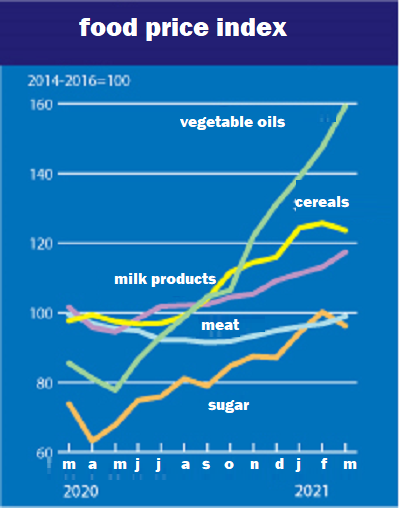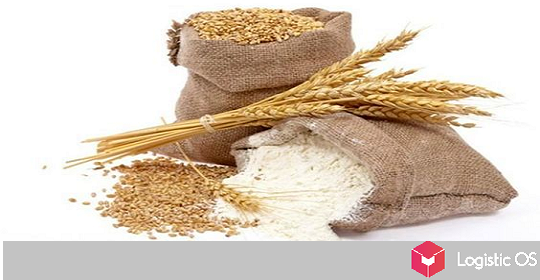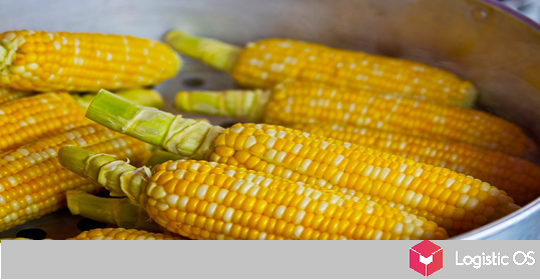The story of the government using prohibitive measures to keep food prices on the domestic market continued.
Russian Prime Minister Mikhail Mishustin signed a decree according to which from June 5 to August 31, 2021, it is prohibited to export buckwheat, buckwheat groats and buckwheat grain.
Thus, buckwheat was included in the list of products important for the domestic market.
Some time ago, some large retailers and suppliers reported a possible rise in prices for groats in retail, including buckwheat.
What is the reason for the increase in prices for buckwheat is not yet clear: according to analysts, processing plants do not have enough raw materials.
But the consequence of this: there is really little culture in general, or producers do not sell it to processors — the authorized bodies are finding out.
According to the Ministry of Agriculture of the Russian Federation, last year a record result was obtained for most of the crops that are of strategic importance for the country’s food security:
Rice — 1.141 million tons
Wheat — 85.9 million tons (the second largest crop in recent history)
Buckwheat — 893 thousand tons: 13.6% more than in 2019
Legumes — 3.44 million tons (+ 3.1% by 22019).
The food price index rose 2.1% in March compared to February, reaching its highest since 2014.

This situation is typical for the whole world, and Russia is no exception — food prices in the country are changing upward with enviable regularity, and inflation in March 2021 has become a record over the past 4 years.
According to most experts, exports have become the main driver of price growth in the domestic market and, accordingly, inflation.
According to the Federal Tax Service, in January 2021 food exports increased by one and a half times compared to January 2020: from 6.2% to 9.3% of the total volume of goods exported abroad.
In terms of value, exports also increased from 22.5% to 27.7%.
Russia primarily sells food raw materials abroad, the rise in prices for which on world markets in November — December 2020 naturally led to an increase in prices in the domestic market.
Of course, it is much more profitable to sell processed products abroad, which in turn contributes to the employment of the population.
But it is impossible to deprive producers of the opportunity to export raw materials at a time when an internal competitive market has not been created in the country.
Otherwise, what would have to do with those volumes, for example, of wheat that were sold abroad?
By encouraging producers to keep raw materials inside the country, they need to ensure sales in order not to lose production in the long term.
And, paying attention to the rising prices in stores, pay attention to man-made factors contributing to inflation.
For example, the labeling of products, which only the dairy industry will cost 30 billion rubles.
And in the end, all costs will be paid by the consumer.

